Sleep deprivation is a common issue in American culture, with many people joking about their lack of rest due to life's demands and experiencing disrupted sleep. The National Institutes of Health reports that 50 to 70 million Americans suffer from a sleep disorder, and one in three adults don't get the recommended seven to eight hours of sleep daily, impacting their health. Dr. Kenneth Wright, Jr., a sleep researcher, warns that compensating for lost sleep during the week with extra sleep on weekends isn't effective. A consistent routine of adequate sleep, supplemented by occasional naps to recover from a single bad night, is key to a healthy sleep pattern.
Subpar sleep isn't just about feeling tired or moody; it's linked to chronic diseases. In 2015, the American Academy of Sleep Medicine and Sleep Research Society stated that regularly sleeping less than seven hours increases the risk of obesity, diabetes, hypertension, and depression. Following simple advice from experts, like turning off electronic devices before bed, avoiding caffeine close to bedtime, and creating a dark, quiet sleep environment, can significantly benefit long-term health.
What can a sleep-deprived adult do to improve their rest? Besides examining and adjusting your sleep habits, your diet could also influence how well you sleep. The most compelling evidence suggests that a diet rich in fruits, vegetables, whole grains, and lean proteins is best for promoting healthy sleep patterns. However, some foods might offer additional benefits in fostering better sleep.
We've compiled a list of the top 8 foods that could help you achieve both the quantity and quality of sleep your body requires.
1) Peanuts
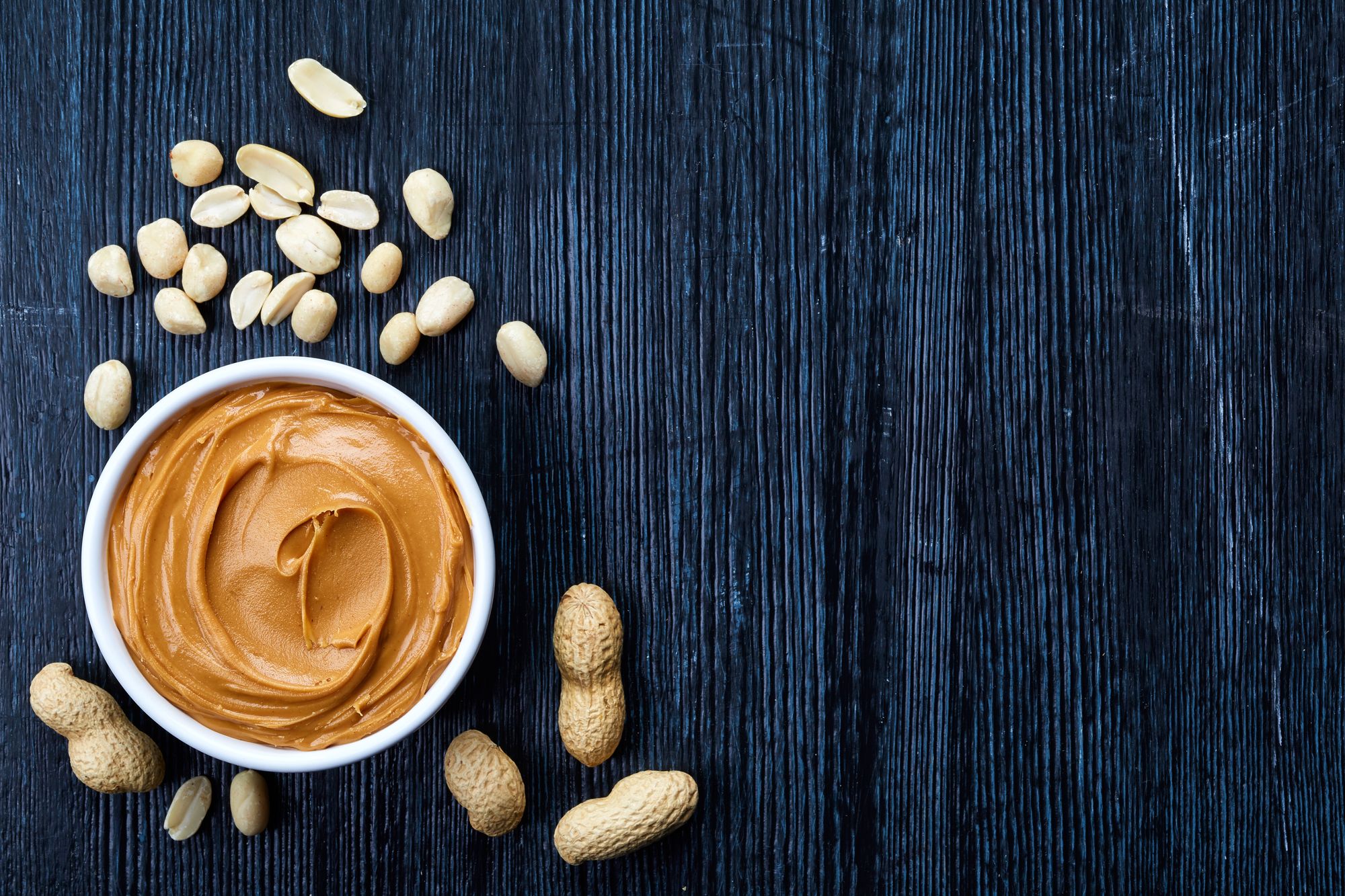
Tryptophan, an amino acid that serves as a precursor to serotonin, a neurotransmitter, plays a role in the sleep-wake cycle. Foods such as peanuts, turkey, milk, and eggs are rich in tryptophan. According to a review in Nutrition Research, foods that influence the availability of tryptophan can be particularly effective in promoting good sleep.
2) Mushrooms
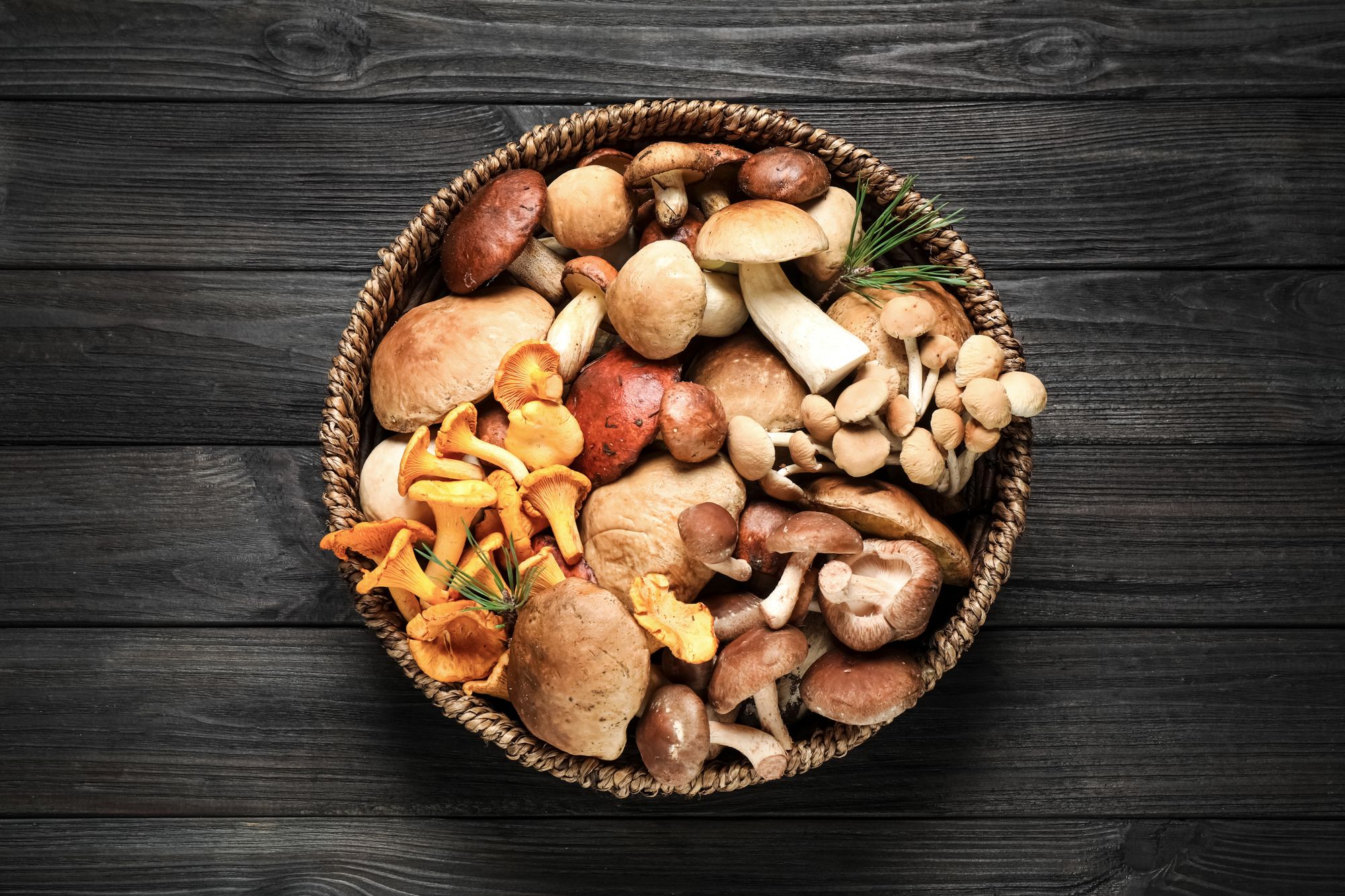
Although naturally occurring vitamin D is rare in foods, mushrooms exposed to UV light can provide about 46% of the Daily Value (DV) per half cup. To ensure vitamin D content, check the nutrition facts panel or contact the manufacturer of the mushroom product you purchase. A deficiency in vitamin D is associated with an increased risk of sleep disorders, encompassing poor sleep quality, reduced sleep duration, and daytime drowsiness.
3) Tomatoes
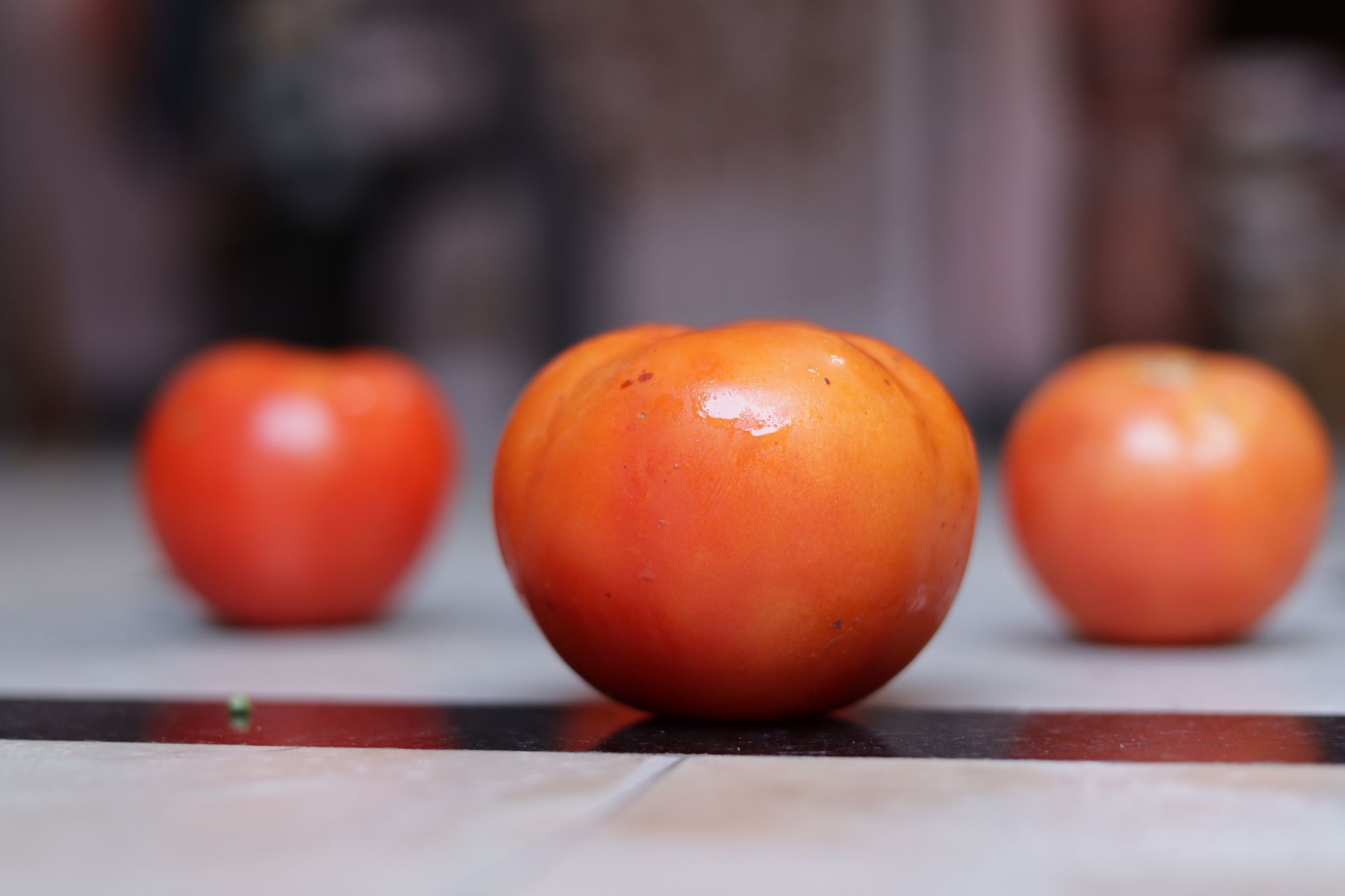
Tomatoes are considered beneficial for sleep, thanks to their natural melatonin content, although this can vary based on the season, year, and tomato species. In an eight-week study focusing on postmenopausal women with sleep difficulties, it was found that those who ate 250 grams of beefsteak tomatoes two hours before bed had a higher total sleep quality score than those who didn't eat tomatoes. Furthermore, research published in the journal Appetite found that individuals sleeping less than five hours per night had the lowest intake of lycopene, a valuable compound in tomatoes.
4) Salmon
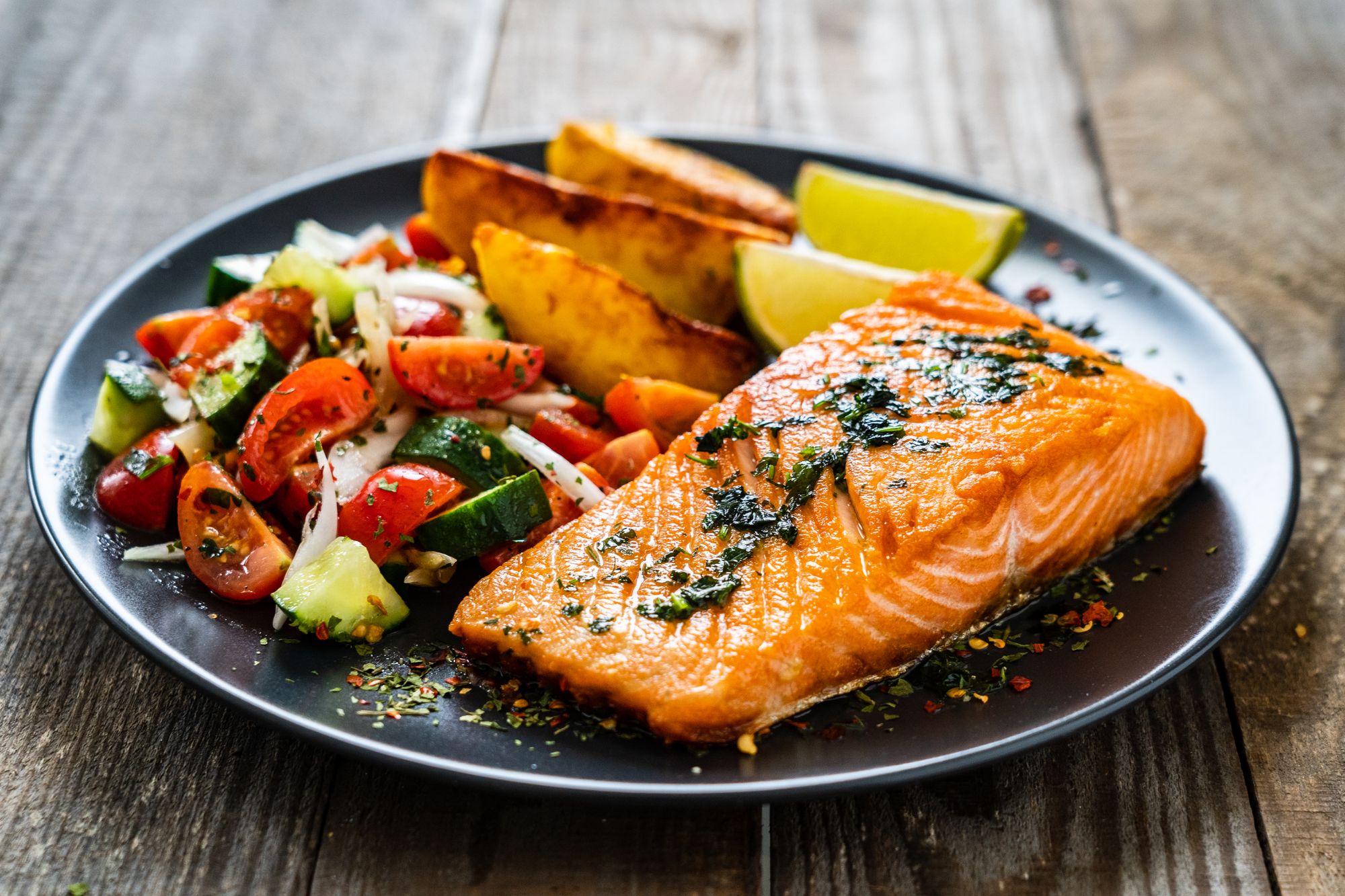
Omega-3 polyunsaturated fatty acids, prevalent in seafood such as salmon, are widely known for their benefits to heart and cognitive health. However, these nutrients may also have a role in sleep regulation. Eating fatty fish like salmon appears to positively influence sleep patterns, and a diet deficient in omega-3 fatty acids might disrupt sleep due to alterations in our internal circadian rhythm.
5) Tart Cherries
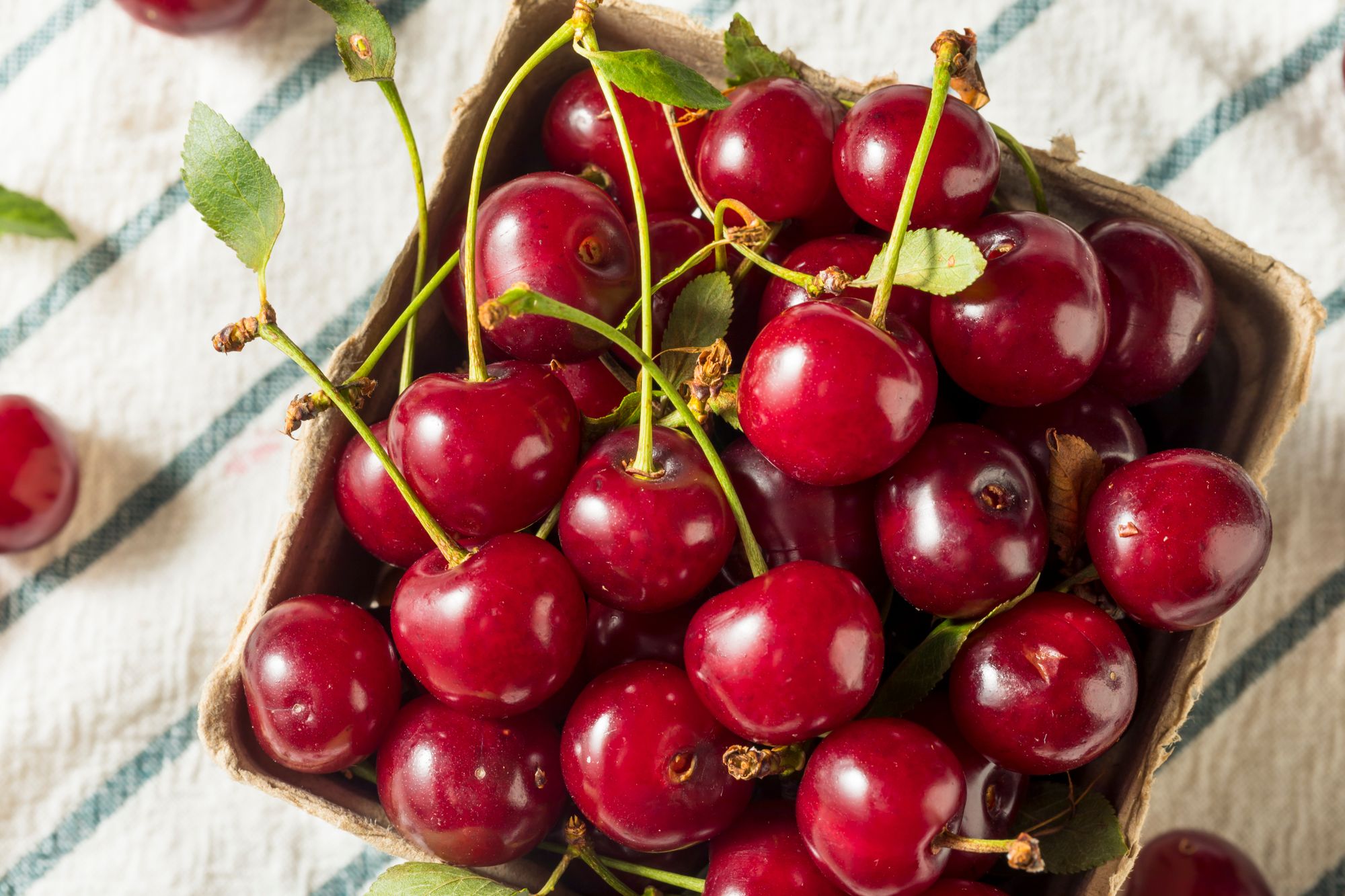
Melatonin, a hormone derived from serotonin that regulates circadian rhythms, is naturally present in a limited range of foods, including tart cherries. Research focusing on tart cherries revealed that participants who consumed tart cherry juice concentrate saw improvements in time spent in bed, total sleep duration, and sleep efficiency.
6) Pumpkin Seeds
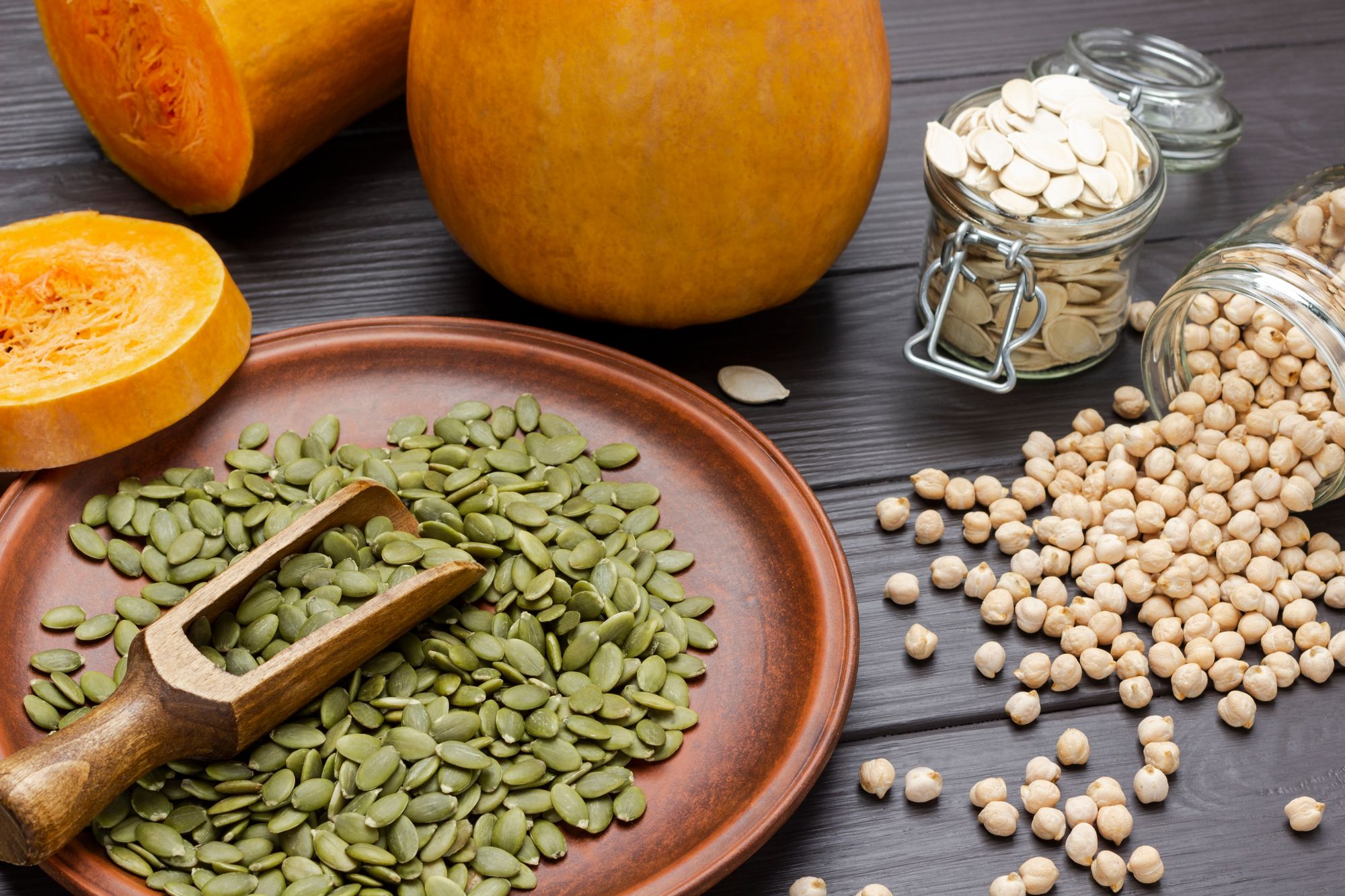
Foods rich in magnesium, such as pumpkin seeds, could contribute to longer and more restful sleep. Research has shown a link between lower magnesium intake and very short sleep duration (under five hours per night), along with increased daytime sleepiness.
7) Yogurt
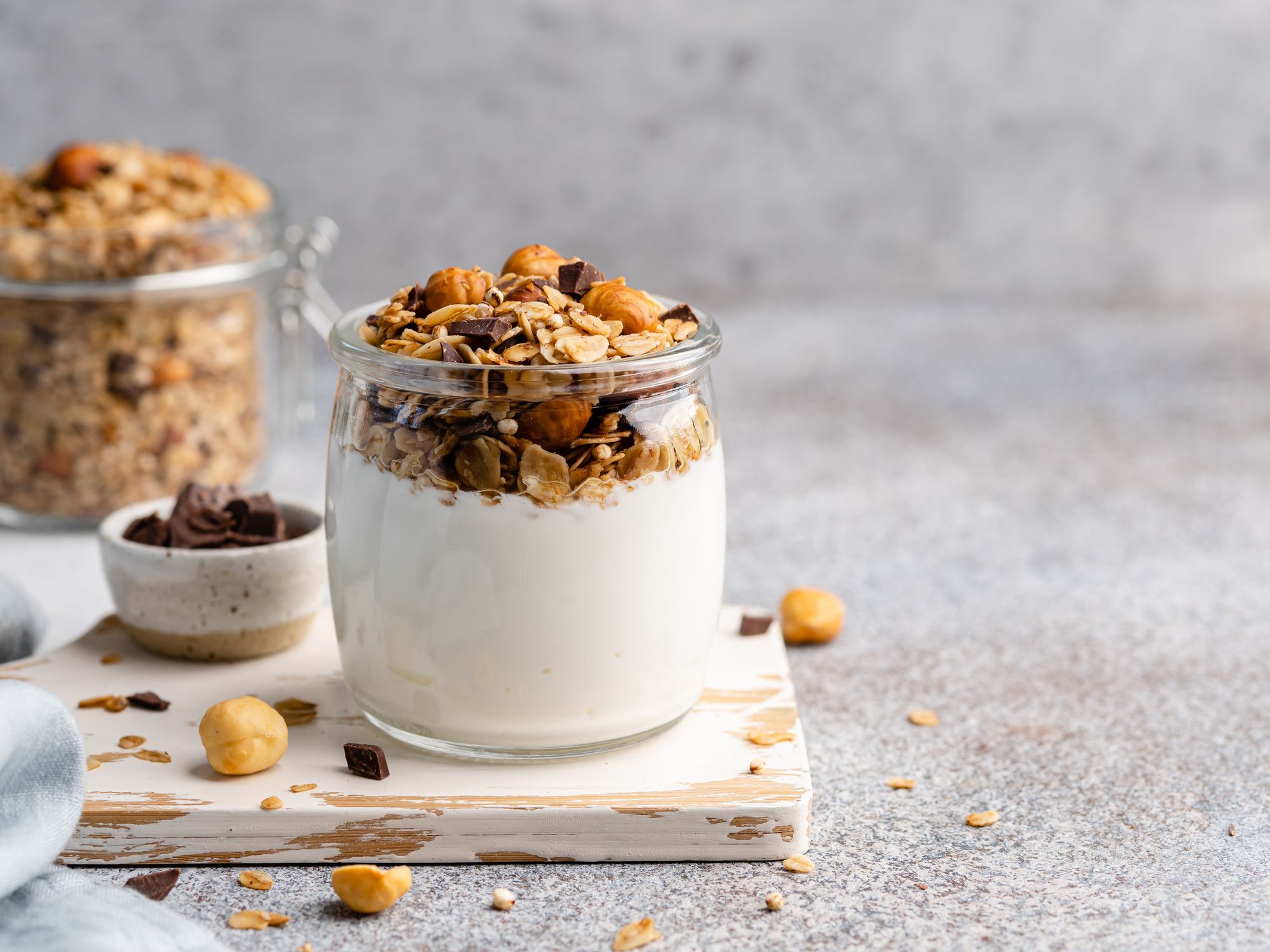
Alpha-lactalbumin, a protein present in whey found in dairy products like yogurt, has been shown to reduce morning sleepiness and enhance alertness the following morning. Additionally, lower calcium intake, a nutrient abundant in dairy yogurts, is linked with increased difficulty in falling asleep and experiencing nonrestorative sleep.
8) Kiwi
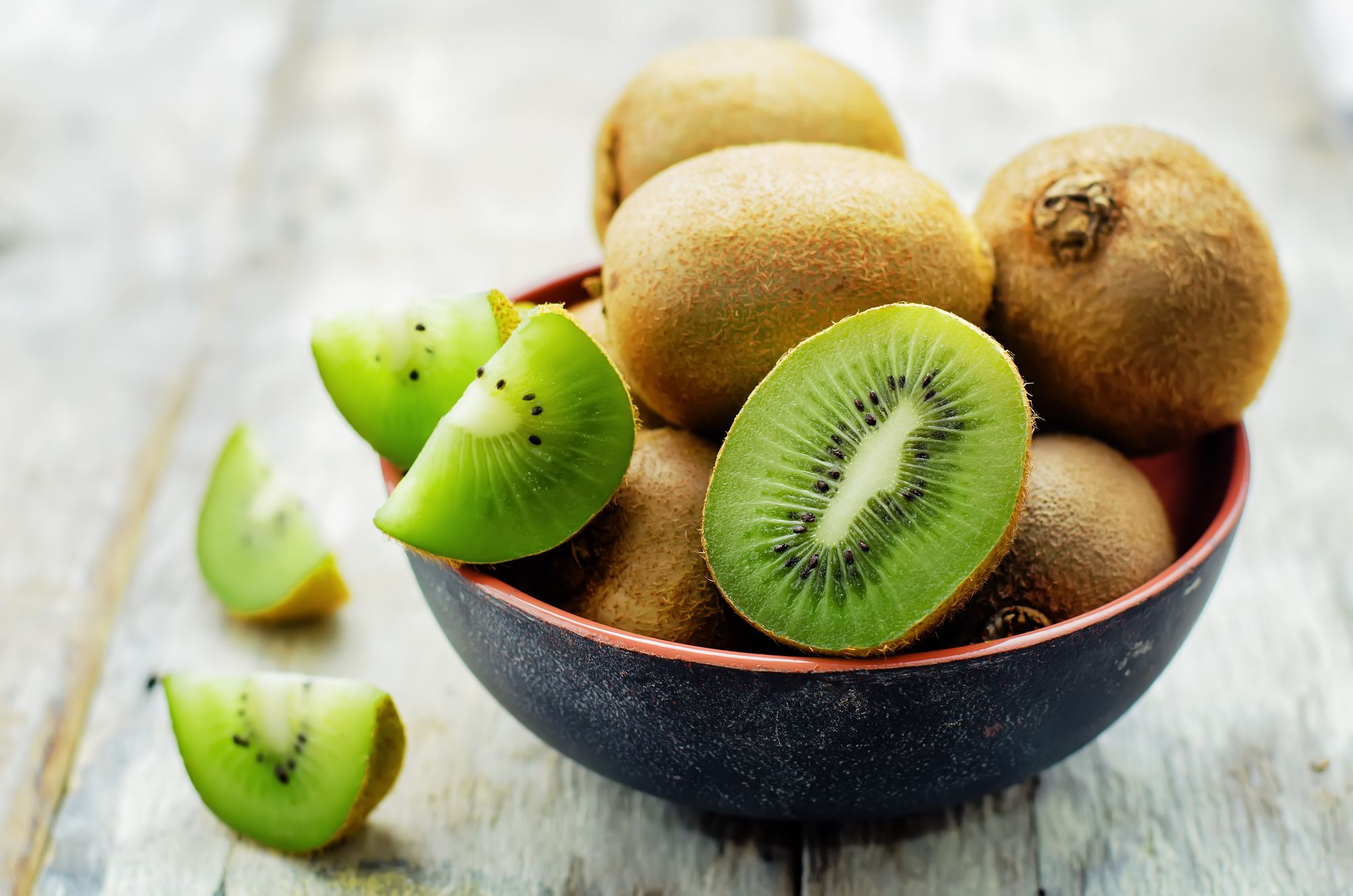
The kiwifruit, also known as Chinese gooseberry, is not only recognized for its fuzzy skin and tart flavor, but also for its possible effects on sleep. A study involving adults with self-reported sleep issues showed improvements in sleep onset, duration, and efficiency after consuming kiwi regularly for four weeks.

